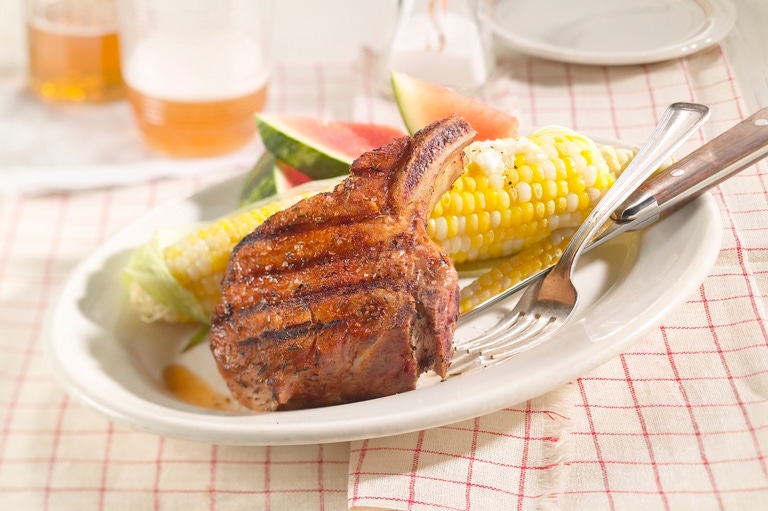Meat Industry Renames Cuts
April 4, 2013

In an effort to boost sales just ahead of the U.S. grilling season, and make shopping at the meat counter a bit easier, the pork and beef industries are retooling more than 350 names of meat cuts to give them more sizzle and consumer appeal, according to reports in both USA Today and Moneynews.com.
The revised nomenclature emerged after two years of consumer research, which found that the labels on packages of fresh cuts of pork and beef are confusing to shoppers, says Patrick Fleming, director of retail marketing for trade group National Pork Board.
A stroll down the meat aisle had become baffling for shoppers looking for a steak. When they would see packages of "butler steak" or "beef shoulder top blade steak, boneless, flat iron" — they would walk away with an empty cart, says Trevor Amen, director of market intelligence for the Beef Checkoff Program.
So recently, the National Pork Board and the Beef Checkoff Program, with the blessing of officials with USDA, got the nod to update the Uniform Retail Meat Identification Standards, or URMIS. Though the URMIS system is voluntary, a majority of U.S. food retailers use it.
So pork and beef industry officials say they hope the new names will show up in stores nationwide by this summer's grilling season.
If it does, the lowly "pork chop" will be gone. Instead, grocery retailers could be stocking stacks of "porterhouse chops," "ribeye chops" and "New York chops." The pork butt — which actually comes from shoulder meat — will be called a Boston roast.
"One of our biggest challenges has been the general belief among consumers that a pork chop is a pork chop," says Fleming. "But not all pork chops are equal, and not all pork chops are priced equally."
Read more about the changes at USAToday.com or MoneyNews.com.
You might also like:
Researchers Investigate Novel Pig Stress Syndrome
Here’s Proof it’s Healthy to Raise Hogs in Iowa
British Scientists Develop FMD Vaccine
You May Also Like



